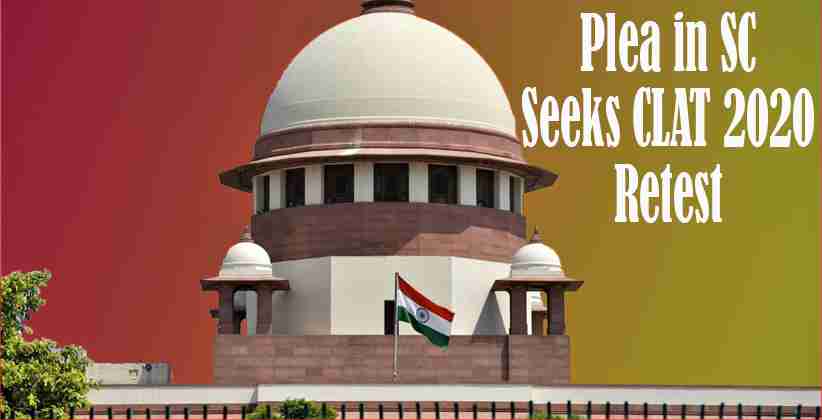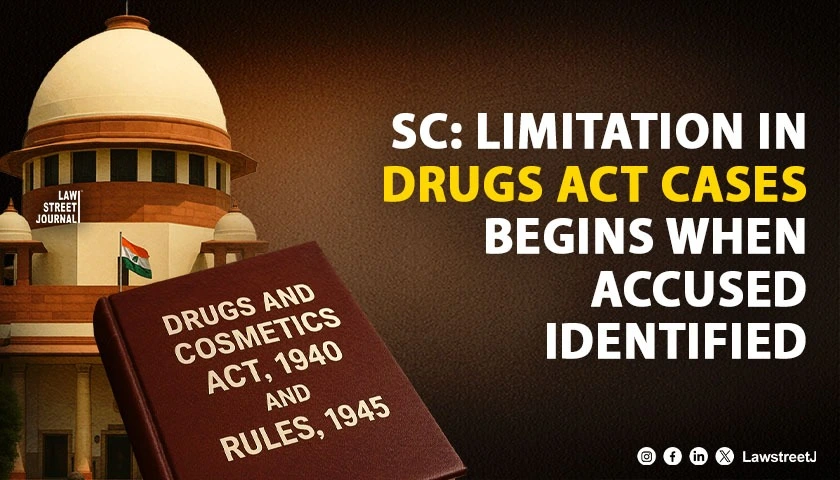A petition was filed in the supreme court to declare the common law admission test (CLAT) conducted by the consortium of National Law Universities as erroneous, faulty, defective, discriminatory and violative of Fundamental Rights of Education. And also seeking to re-conduct the test.
The petition was filed by Five CLAT aspirants urged the Apex court to squash the exam and order it to be re-conducted.
The petition alleges that results by the consortium are wrong, erroneous, and incorrect and biased, with the petition listing the following grounds for their challenge:
- The candidates have chosen/selected/ticked correct answers; however, it is reflecting in a result that us wrong and/or different options have been chosen/selected/ticked.
- The result is displaying and calculating marks in those questions, which were not even attempted by the candidates.
- Candidates have chosen/selected/ticked different options; however, in the results, different answers are shown as chosen/selected/ticked.
- 10 questions are either wrong themselves, or their answers which are uploaded on the website are wrong.
The petition also states that some students from non-English background faced debauched focus on English reading and comprehension skills which has a disproportionate impact on these students. The petitioners, therefore, pray for the CLAT 2020 to be declared violative of Articles 14 and 15 as its clearly renders discriminatory and for a fresh round of the exam to be held, without the technical glitches that the first round allegedly faced.
They also further said that the Consortium of National Law University issued a press release on 3rd October 2020 in a very arrogant way, stating therein that a large number of objections are filed because CLAT-2020 had made filing of objections absolutely free, however, other institutions charge Rs. 1,000/- per objection.
Several other questions were of such a standard that even seasoned practicing lawyers would need to do extensive legal research before attempting to answer them, and even after such research, no objective answer could be given to these questions. These questions were based on opinion rather than based upon study and knowledge, hence should not have been included in such "objective" type examination
Many questions in "CLAT 2020 were formed in such a way that all four options were not the actual answers according to the questions, for example, question nos 146 to 150. Further, the wrong answers were provided in the answer key for several questions, e.g. questions 5, 6, 8, 14, 16, 19, 35, 45, 103, 122, and 125 (From the English, Logical Reasoning and Legal Reasoning sections). Apart from that, many questions had more than one right answers, so instead of choosing correct answers the candidates were trying to guess "most appropriate" option"






